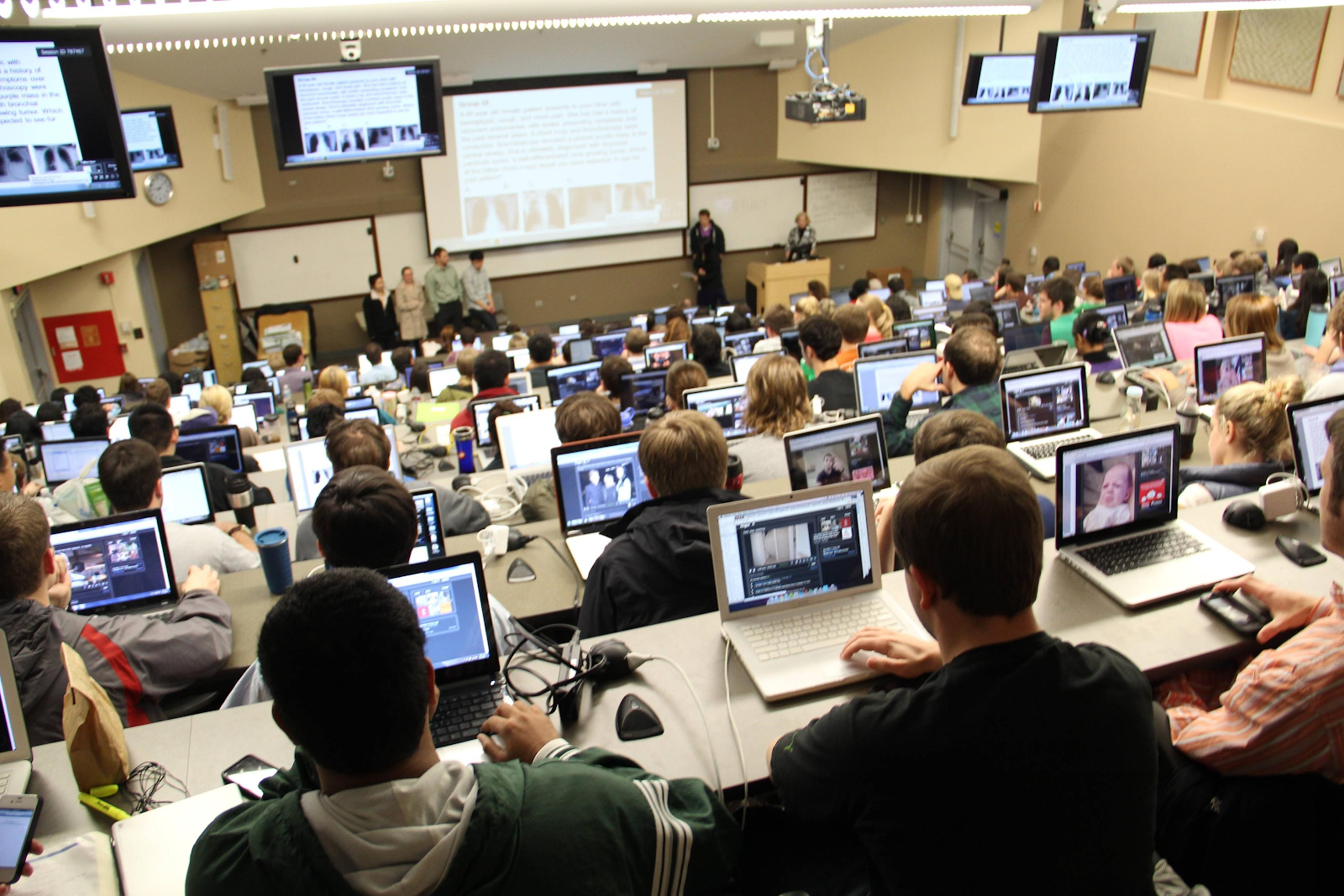In this day and age, I consider it to be very difficult to make the claim that you have a "healthy" relationship with technology. Taking a step back and not just analyzing myself but even the people around me, there always seems to be the constant use of technology in everyones lives. I refer, mostly, in this instance to the omnipotence of smartphones and the internet in our lives, so this will be the main focus of my discussion in terms of how I relate with technology. I've already talked at length in previous posts on this blog of mine about the importance of digital technology in our day and age. I've talked about how I feel regarding my opinion that having a personal computer now feels necessary to receive a proper education, so I feel it would be redundant to continue that statement here. When looking at technology under the umbrella of the world wide web, however, that's an entirely different beast that I feel has much more of a good reason to be discussed at length here, not just because of matters we've discussed in class like censorship but because of how it steadily becomes a more and more prevalent aspect of all of our lives. And if it wasn't clear already, I think the amount of time spent on the internet, not just by myself but by others of all demographics, is not a balanced amount of time in any regard.
However, like I said I feel content with this, and this is because of the stories I've heard about how unforgiving social media can be for kids and young adults like myself. A big thing I've learned to appreciate as I've gotten older is the importance of interpersonal communication. With sites like Instagram and Snapchat, all I can see are one-way windows in how people are forced to post and text. Because some of these otherwise interesting posts aren't shared face to face, in real-time, or sometimes go so far as to not be entirely accurate (uninformed statements, photoshopped pics, etc.) everything feels so much more impersonal. This all adds to the unhealthy relationship I feel so many people around me have with the technology they use as their primary means of socializing with others. You can cherry-pick what moments of your life you want to share with the world, and that can lead others who observe to feel insecure in comparison since they're not seeing the whole picture. You can talk with any acquaintances you know from anywhere via text message or DM, but there's no guarantee that they'll even respond. And, in my opinion, worst of all, people are free to block off anyone they're not comfortable with through the push of a button, leading to unhealthy behaviors from both people involved in these situations which should be discussed face-to-face. It all comes with that special element of anonymity that's existence on the internet from day 1, where anyone is able to make a convincing argument of who they "really" are in a way they wouldn't be able to get away with in person. And with massive waves of people following massive influencers and taking their word as gospel, it's an incredibly unhealthy dichotomy where the fans will do anything for celebrities, and celebrities themselves have come to expect instant gratification and recognition with whatever they post. A type of "techno-determinism" is at play here, since social media is seemingly built to fuel the needs of our society wanting everything delivered as quickly as possible, not entirely caring about the more subtle factors at play when it comes to skillful communication.













